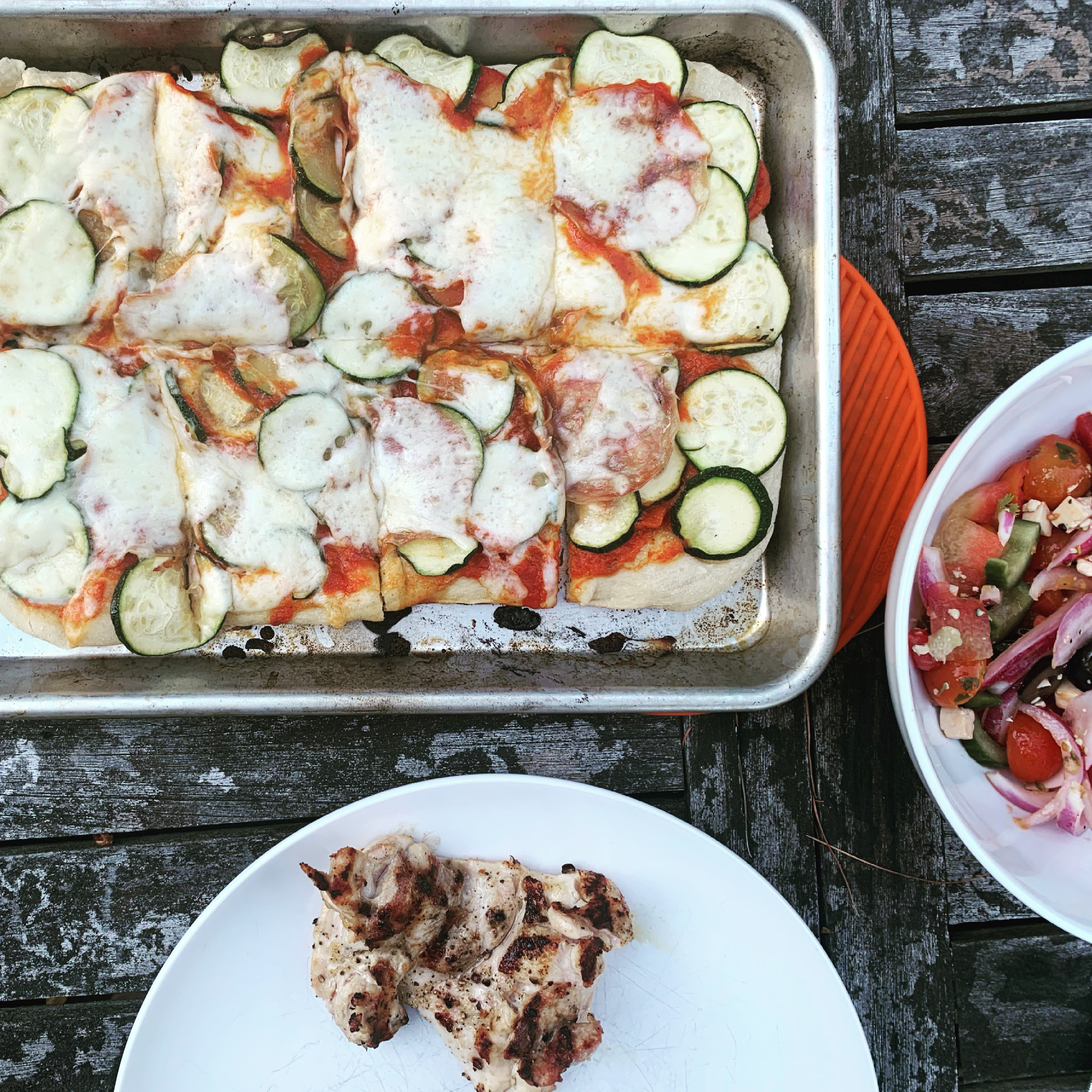Notes
-
Looking forward to joining the Society of California Archivists for the First Fridays discussion on July 2 about my keynote at #agm2021. More info and registration.
-
🔖 David James Hudson, Yoonhee Lee, Ebony Magnus, and Baharak Yousefi: Considering the MLS –
But simply removing the MLS, without fundamental structural change, is not a path towards racial liberation. It is a path towards decredentialization and devaluation of our labour, which has hurt and continues to hurt our communities disproportionately. In articulating this position, we think not only of the context of the MLS and librarianship, but of other areas of work, whether it be the cost and relevance of a teaching degree, or the cost and relevance of taxi licenses. Deregulation does not lead to utopia.
-
🔖 The Blue Tape List – Rands in Repose –
I have a modified and simplified version of my contractor’s blue tape advice:
- In a new context, you’re going to notice everything that feels off.
- Make a list of everything that feels off, no matter how big or small.
- Wait a bit, like a month, but address everything. …
It’s a surprise when a month passes, and you review your blue tape list and discover how items that seemed urgent at the time now seem entirely irrelevant.
-
Spending some time post-vacation catching up reading Ali Alkhatib’s CHI 2021 paper, “To Live in Their Utopia: Why Algorithmic Systems Create Absurd Outcomes”. It’s interesting to read this paper as a conversation with broader ideas of utopia, as well as imaginaries, as well as work like Fred Moten and Stefano Harney’s “The University and the Undercommons” (Social Text 22(2), 2004).
-
🔖 Kyra Yee, Uthaipon Tantipongpipat, Shubhanshu Mishra, "Image Cropping on Twitter: Fairness Metrics, their Limitations, and the Importance of Representation, Design, and Agency" –
The full paper related to Rumman Chowdhury’s blog post, “Sharing learnings about our image cropping algorithm”.
Twitter uses machine learning to crop images, where crops are centered around the part predicted to be the most salient. In fall 2020, Twitter users raised concerns that the automated image cropping system on Twitter favored light-skinned over dark-skinned individuals, as well as concerns that the system favored cropping woman’s bodies instead of their heads. In order to address these concerns, we conduct an extensive analysis using formalized group fairness metrics. We find systematic disparities in cropping and identify contributing factors, including the fact that the cropping based on the single most salient point can amplify the disparities. However, we demonstrate that formalized fairness metrics and quantitative analysis on their own are insufficient for capturing the risk of representational harm in automatic cropping. We suggest the removal of saliency-based cropping in favor of a solution that better preserves user agency. For developing a new solution that sufficiently address concerns related to representational harm, our critique motivates a combination of quantitative and qualitative methods that include human-centered design.
The analysis code is also available.
-
🔖 WebAnnotation in the Browser –
Very generally: annotations are content about content.
And I thought we had challenges describing metadata as data about data… Anyway, this is interesting, especially from the standpoint of annotation discovery and moderation.
-
Thanks to all of you who attended my @calarchivists #agm2021 keynote in real time! I’m thrilled to announce that the recording is now available: https://www.youtube.com/watch?v=u93Iss8CA7U
-
🔖 Rally to Sell Shares of Rare Declaration of Independence | Art & Object –
Rally … will offer 80,000 shares of a rare copy of the Declaration of Independence to the general public this month. … The copy is a Walsh 15 Broadside—printed in July 1776 in Exeter, New Hampshire … one of only 20 Walsh copies created and currently in private ownership.
Once again, I ask: How have the New Enclosures been worked?

